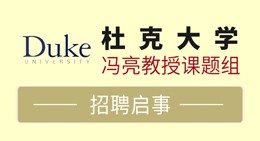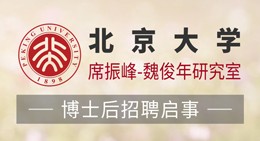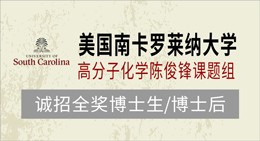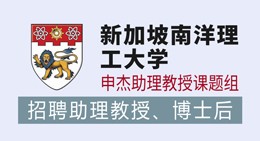Ambio ( IF 5.8 ) Pub Date : 2024-04-09 , DOI: 10.1007/s13280-024-02013-8 Forrest Stagner , Jive Mulundano

|
Climate change threatens the lives and livelihoods of smallholder farmers throughout the global South. In order to address the challenges these farmers face, researchers and practitioners need reasonable theoretical models of how humans and the environment interact within social–ecological systems (SES). Social–ecological resilience theory has proved to be a popular model for understanding human environment relationships within SES; however, the theory lacks a sophisticated understanding of power, relying instead on outdated functionalist sociological approaches. We reconstruct social–ecological resilience theory through a case study of smallholder climate change adaptation in Southern Province, Zambia. Farmers in the region focus on cattle and maize production. Though the changing environment would seem to favor different crops and livestock, institutional (power) dynamics determine whether or not individuals have the capacity (or desire) to adapt. Our critical reconstruction provides researchers and practitioners with an improved social–ecological lens for understanding the causes and consequences of vulnerability and adaptation.
中文翻译:

走向社会生态复原力的批判理论:赞比亚南部省的玉米和牛
气候变化威胁着全球南方小农的生命和生计。为了解决这些农民面临的挑战,研究人员和从业者需要合理的理论模型来解释人类和环境如何在社会生态系统(SES)中相互作用。社会生态复原力理论已被证明是理解 SES 内人类环境关系的流行模型;然而,该理论缺乏对权力的深入理解,而是依赖于过时的功能主义社会学方法。我们通过赞比亚南部省小农气候变化适应的案例研究重建了社会生态恢复力理论。该地区的农民专注于牛和玉米生产。尽管不断变化的环境似乎有利于不同的作物和牲畜,但制度(权力)动态决定了个人是否有能力(或愿望)适应。我们的批判性重建为研究人员和从业者提供了一个改进的社会生态视角,以了解脆弱性和适应的原因和后果。












































 京公网安备 11010802027423号
京公网安备 11010802027423号